
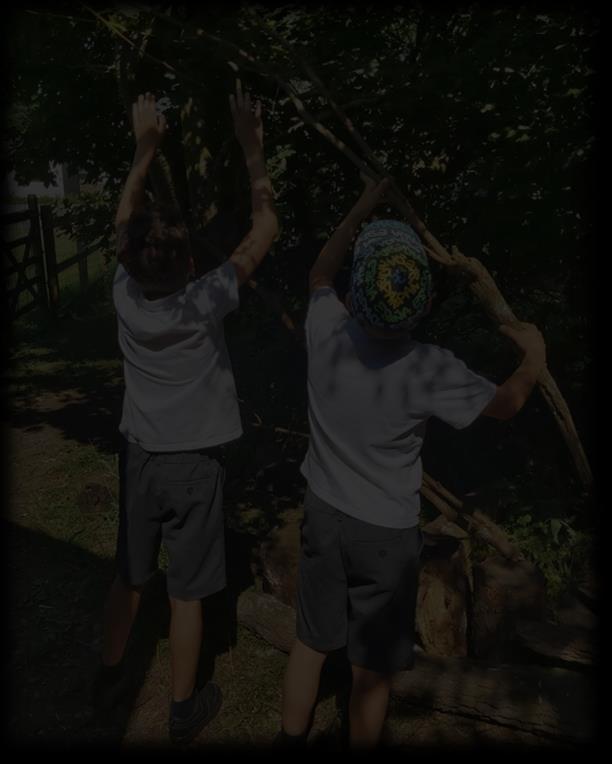
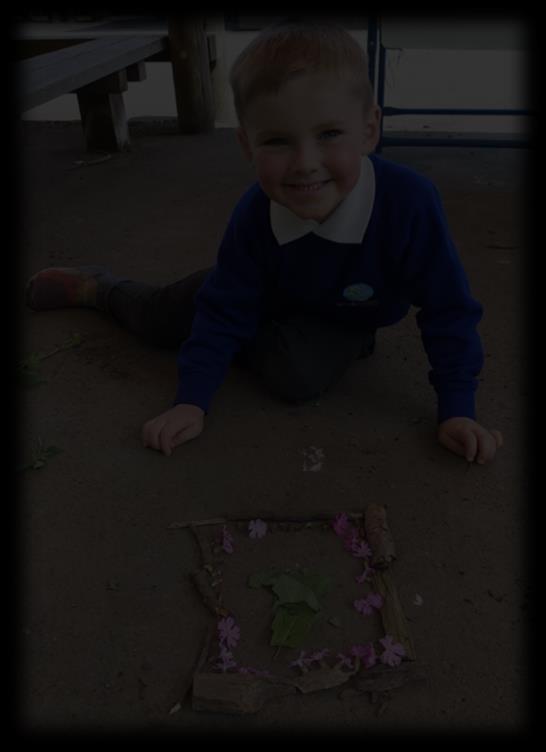
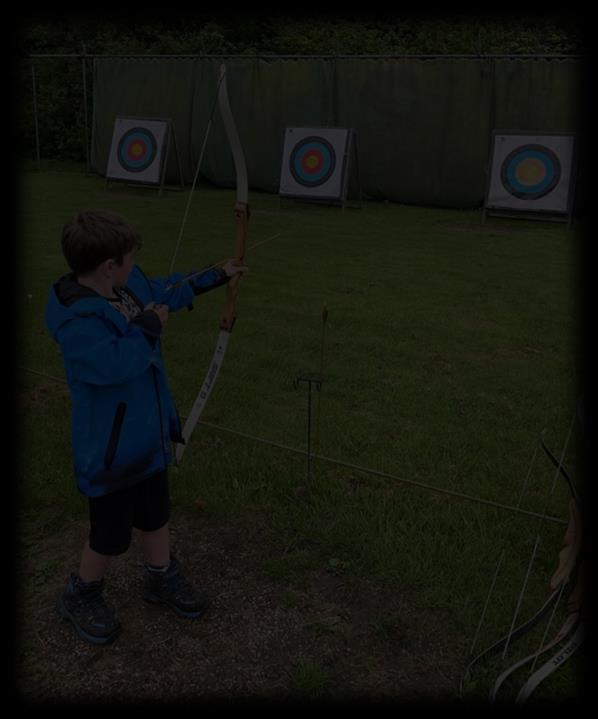







Brilliance in our knowledge
Excellence in our Education Success in our Lives
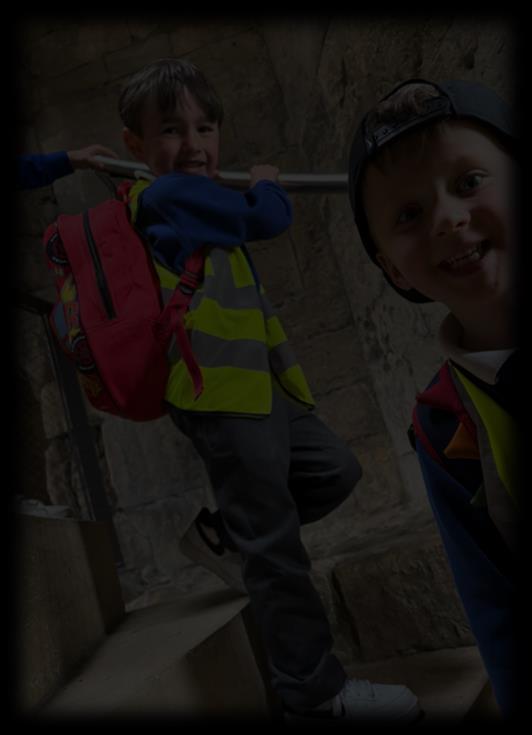

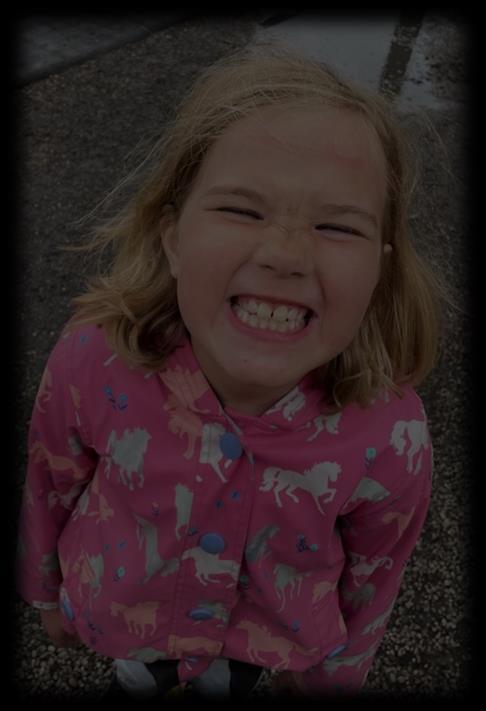

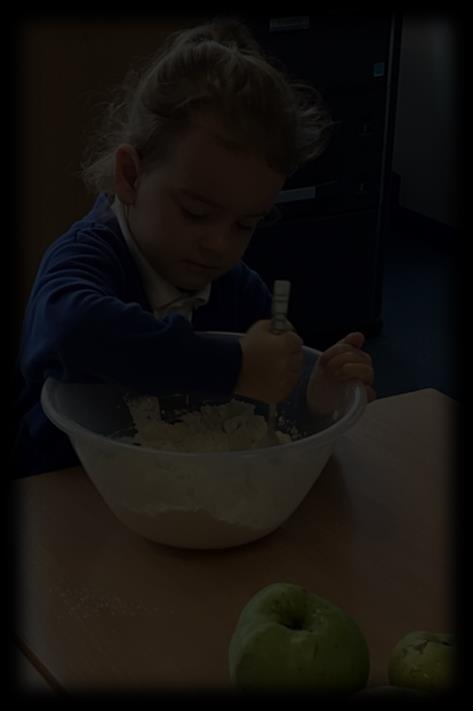
Trust in each other
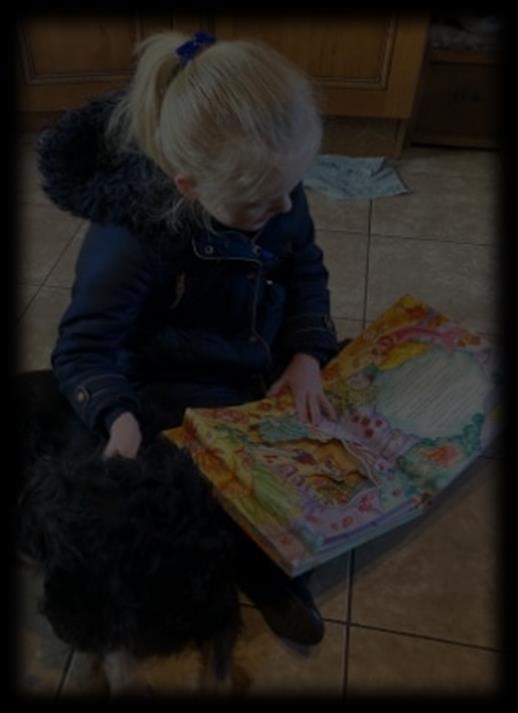
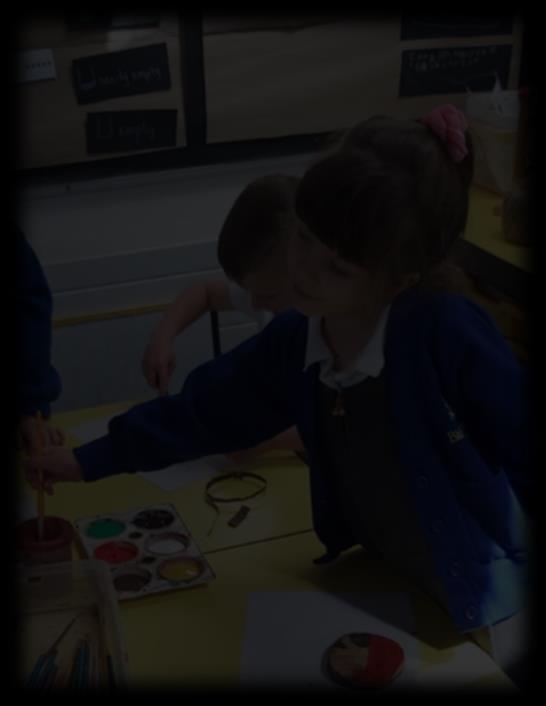
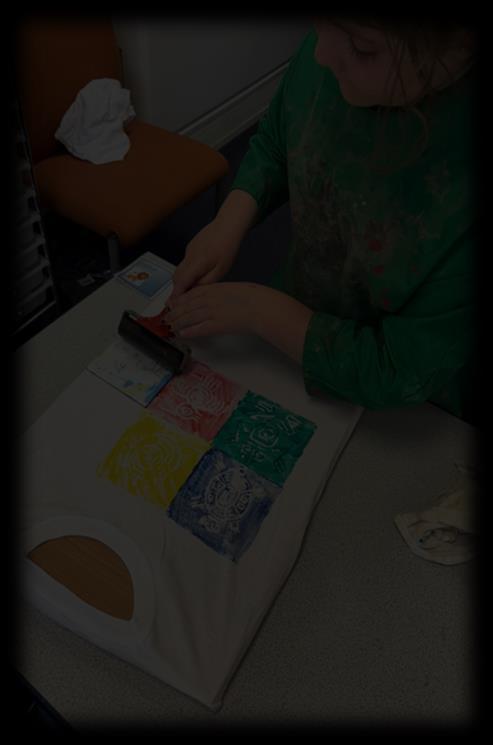
where our BEST classroom is roofed only by the sky
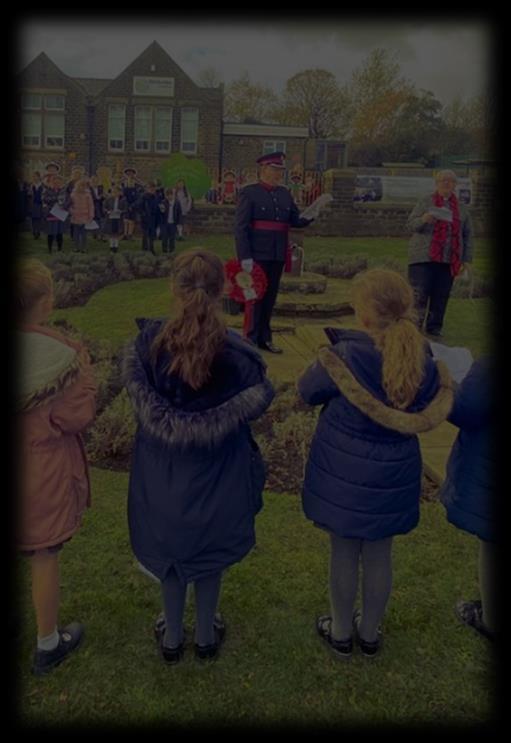



What did you do at school today….

….a question that parents often tell me has quite a limited answer when they ask their children.
We have created this book to share with you some key points of the curriculum that we felt were useful for parents to be aware of in a timely manner. We hope this can be a guide to making links to learning outside of school in day to day discussions and to tailor experiences you might choose to have outside of school.
Rather than share the detail of plans and progressive steps in our curriculum, which can be found in the subject areas of our website, we felt that picking out key topics, themes and texts children study and at what time of the year would be beneficial for parents to know and therefore be able to build on at home. We have also picked out some fluency and key knowledge and skills that might be helpful for children to regularly practice and talk about at home too.

Thank you for your continued support…together is always better!
Birdsedge First is ‘small but mighty’ and we see our size as a real strength. However much we grow, Birdsedge will forever be driven by a small school, family ethos through our whole school approaches to nurturing, family values and themes:

Our PSHE curriculum has common whole school overarching themes – these are used for our curriculum and what is taught in lessons but links are also made more widely through weekly assemblies, Forest Friday and House Points Challenges.
Relationships

All children are placed in a School House Team when they start in Reception and remain in this family throughout their time at Birdsedge First
Each house is lead by a Year 5 House Captain and older children are buddies for any children new to their house when first joining school.
Children work together each week to earn points for House Points challenges and the winning House each half term receives a special House Reward time as their winning prize.

Reading Buddies, Weekly House Family Time and Sports Day.

Children also work together in their houses at various other times such as Forest Friday,
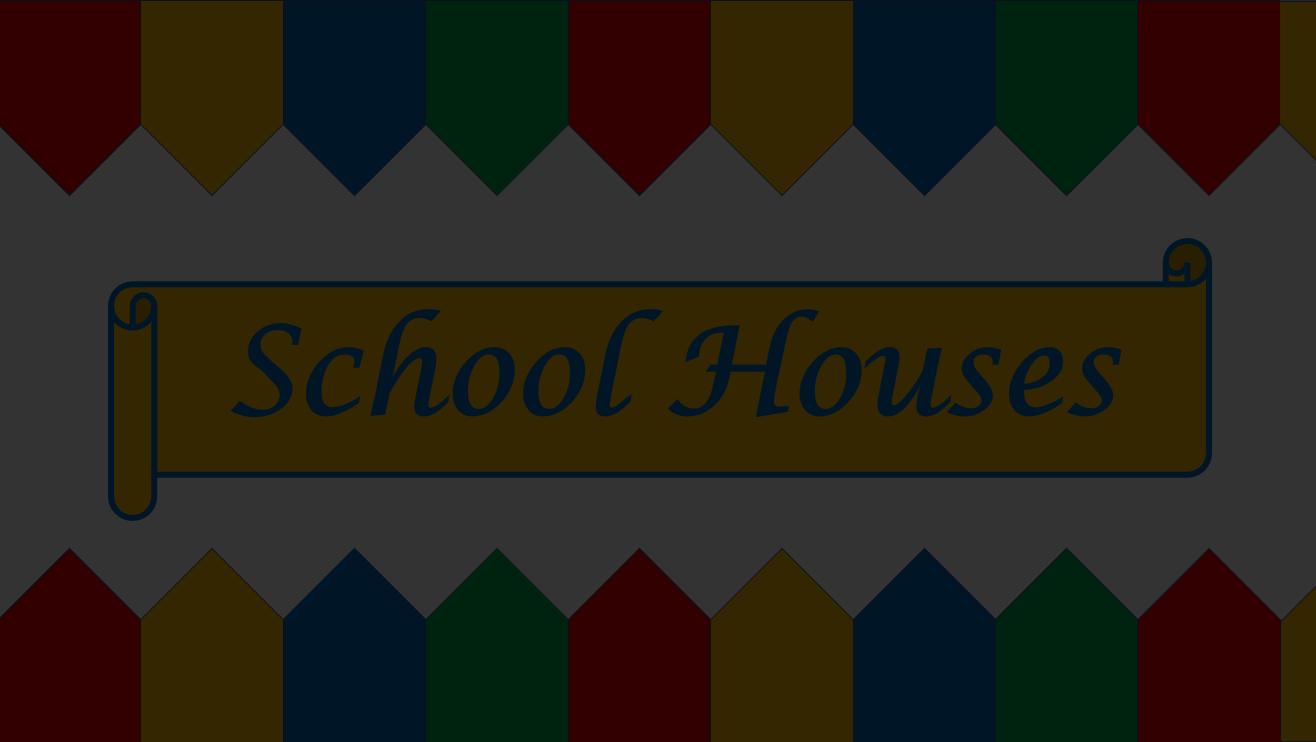
Learning to read begins right from the start with our comprehensive phonics programme ‘Sounds-Write’. However we do not see phonics and fluency as a stand alone area of the curriculum for teaching children to read – we provide and value, equally, the three areas below to develop competent readers.

Skilled Word Reading
Discreet daily phonics lessons taught with fidelity
Individual Reading
Books matched to children’s reading level
Regular opportunities for children to read aloud at home

Good Comprehension
Discreet Daily Reading lessons
A consistent set of reading skills taught right from the start
Discussions about texts using comprehension characters
A Love of Reading
Inviting and valued class libraries for children to select a book to enjoy at home
Half termly class books and dedicated sharing a book time every day
Regular sharing and enjoying stories together
How can I help?
We use four characters when teaching comprehension skills. These aim to be child friendly so they can be introduced in an age appropriate way right from the start.
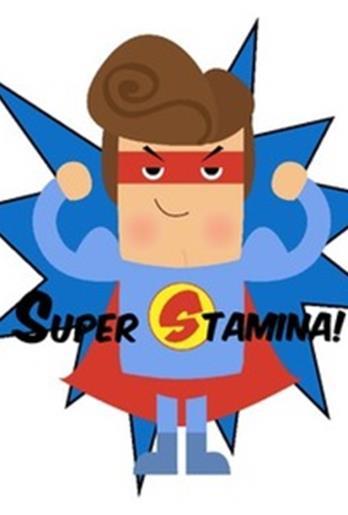
Stanley Stamina helps us to read a text, summarise what we read and predict what might happen next


Rex the Retriever helps us to develop retrieval skills, finding answers to questions from the text in front of us.

WalterWord Hound exposes us to a breadth of vocabulary and helps us develop our understanding of words meaning


Tina the Text Detective helps us to develop inference, digging deeper than the text and reading between the lines
We follow a cyclical 2 year mixed aged plan for Mathematics following White Rose Maths, delivering daily mathematics lessons.
In addition to curriculum lessons, we know that regular rehearsal of skills in maths are vital in ensuring fluency.
We have created a whole school progressive path of key maths knowledge and skills we make sure children know and practice regularly alongside their maths curriculum.

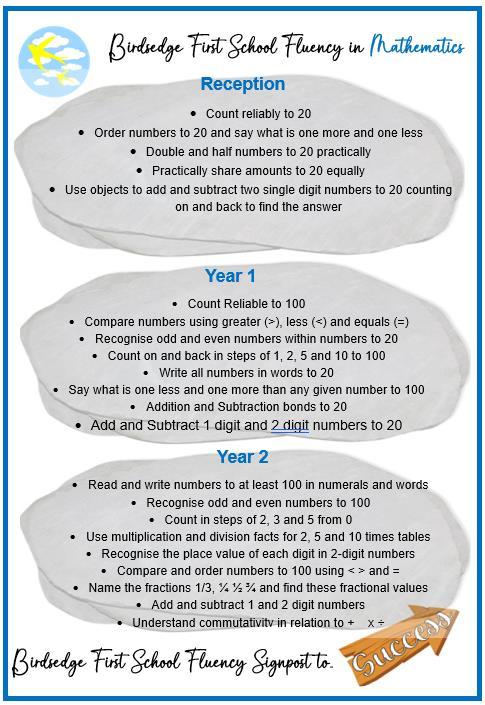

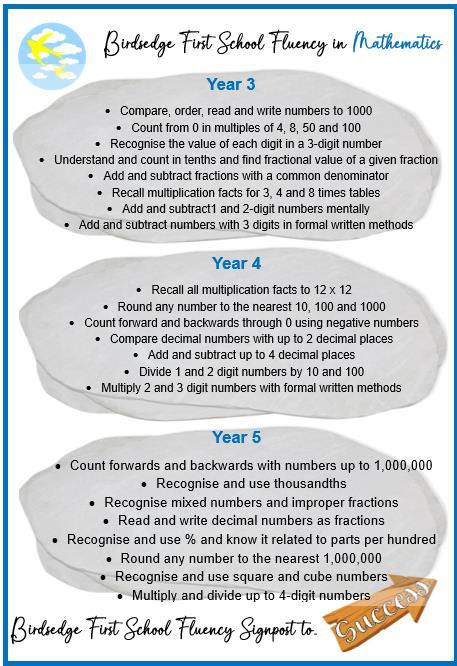
Our daily writing lessons are taught from our writing curriculum that uses the Scheme Read to Write to develop children’s experience of creating writing across a range of genres.
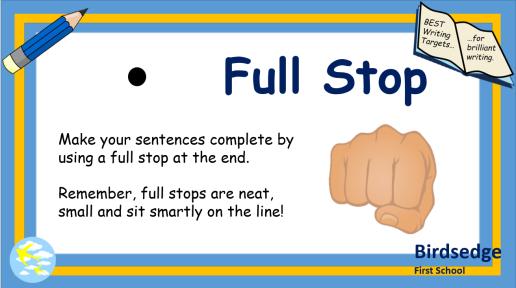
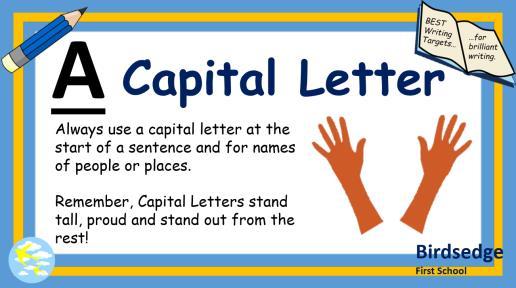
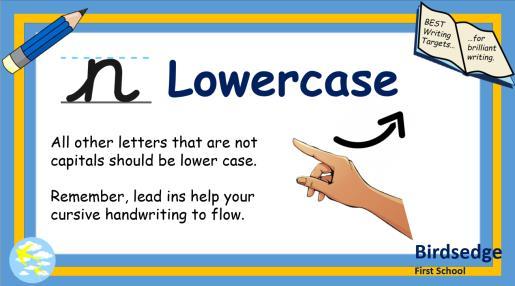
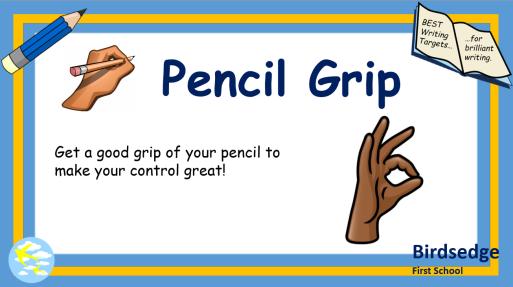

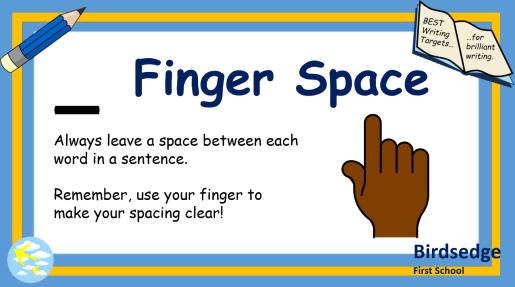

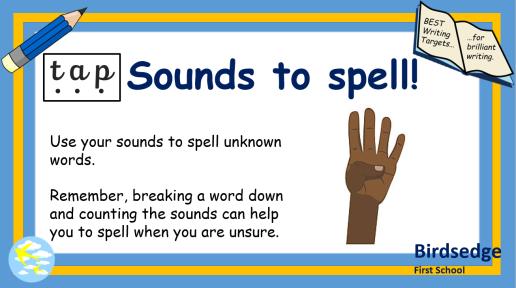
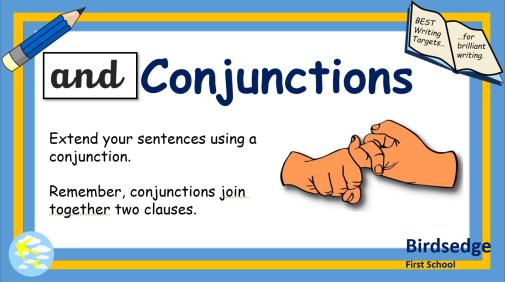

Alongside this, we also have consistent writing targets and expectations we make sure children progressively achieve and hold onto and use for more wider application of writing.
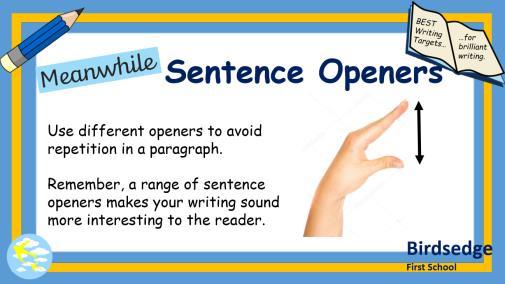
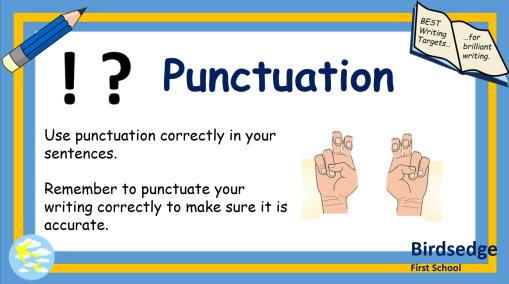
Geography, History, Art and DT are taught as discreet subject lessons but are planned around a collective theme.

2024 - 2025
Key Stage 1 (Year 1 and 2)
Autumn Term Guess Who?
History Theme of significant people from the past
Spring Term Plots, Plague and Pudding Lane
History Theme of significant events from the
Past - The Great Fire of London
Summer Term Happy Holidays

Key Stage 2 (Year 3, 4 and 5)
Magical Mystery Tour
History Theme of Local History in 1800s
Lost in the Jungle
Geography Theme on Rainforest of North and South America
A Geography Theme comparing the UK with a country in North America Law and Disorder
History Theme looking at Crime and Punishment beyond 1066 Anglo Saxon, Tudor and Victorian focus
Homework projects are often linked to these topics to make discussions at home and to give better opportunities for experiences outside of school to be linked to current learning.
Our overall aim is always that all children, no matter their background or need, are exposed to and learn the same curriculum. Lessons and teaching are adapted and support targeted to make sure children can learn in line with their peers.








However, we know and value that some children may need a curriculum that is personalised and adapted according to their need. Our more specialised provision for those children with a more significant SEND links to curriculum themes in class with a focus on the above developmental steps.
We aim to make homework as inclusive and achievable as possible for all. Children will be given homework cards each half term as follows:
1. Ongoing Core learning to practice
Teachers will suggest key activities that can be done at home to focus on building fluency in core subjects
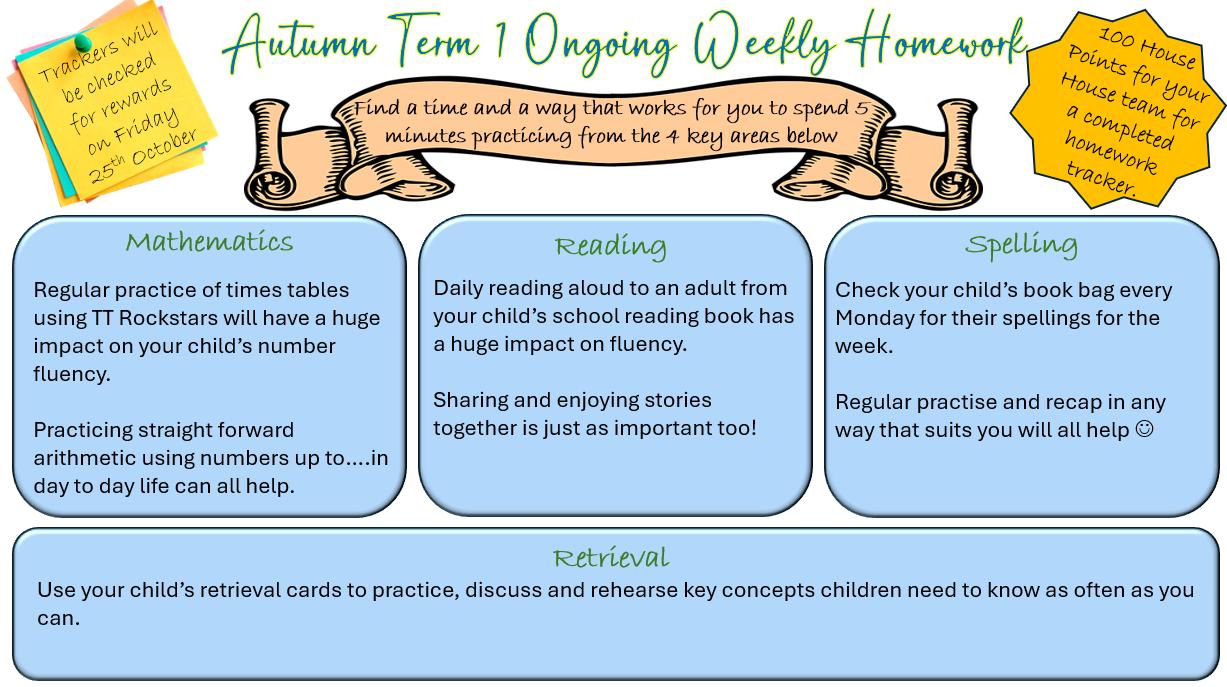
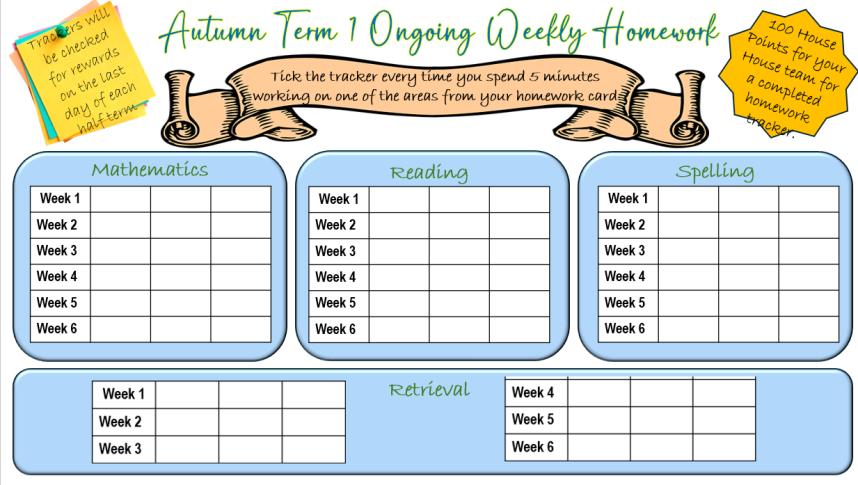


2. Optional project based activities linked to wider curriculum themes.
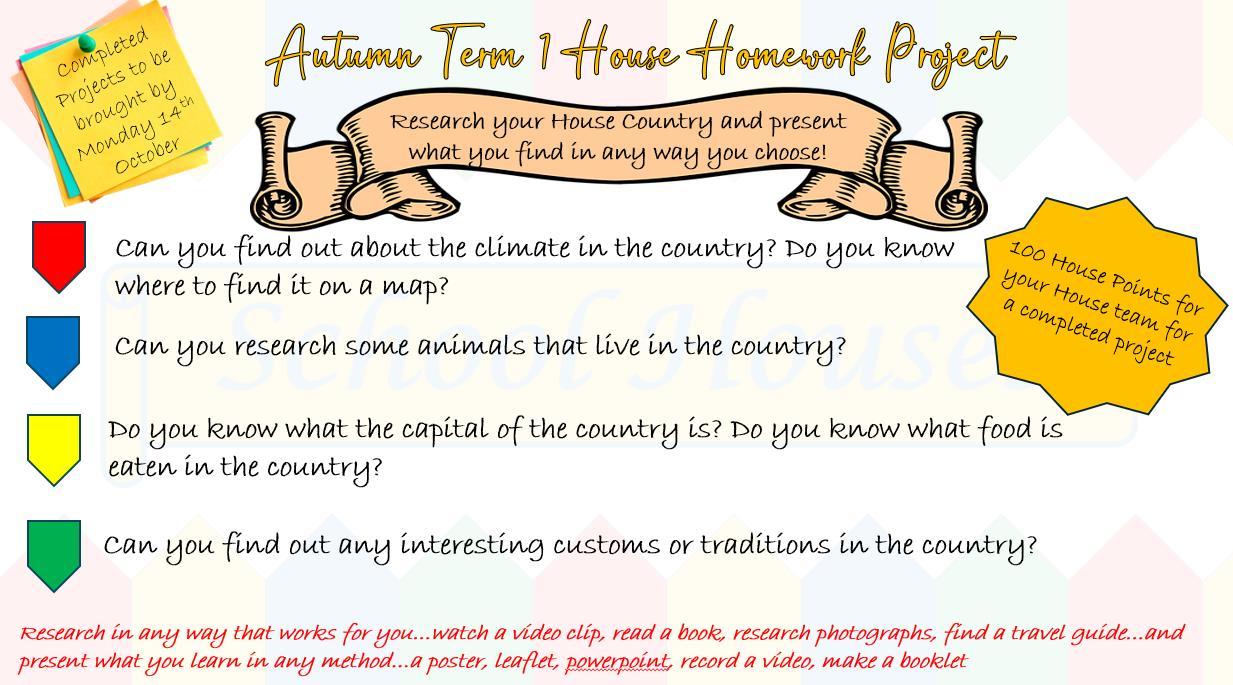
Trackers should be ticked for every 5 minutes children spend practicing their core skills (with an aim of 5 minutes for each 3 times per week)
A more practical, open ended project will be set by teachers each half term focused on finding out about wider curriculum themes.